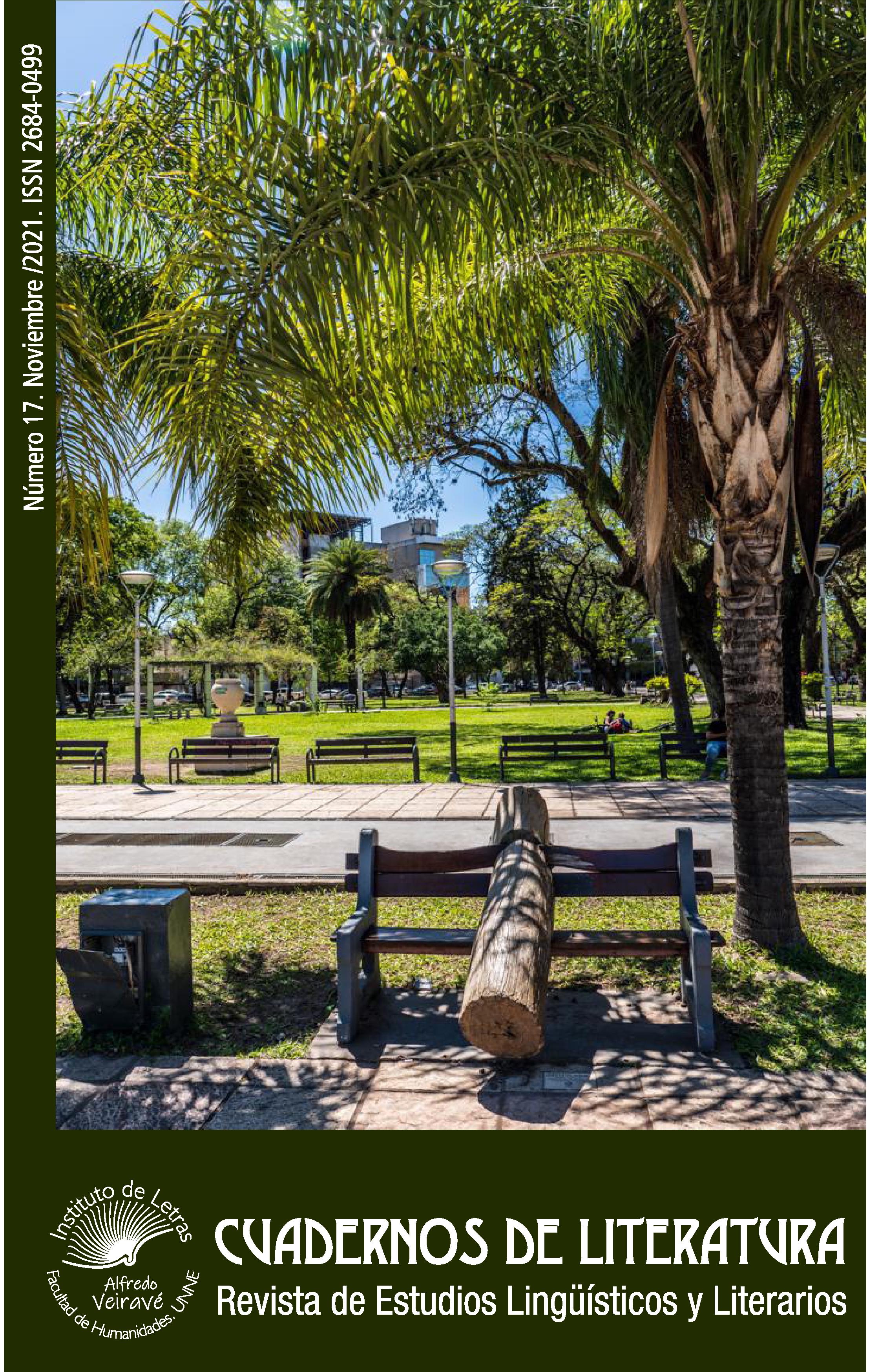William Faulkner and his early narrator: Quentin’s voice in That Evening Sun
DOI:
https://doi.org/10.30972/clt.0175698Keywords:
Narrator, American literature, Southern literature, FaulknerAbstract
This article looks into the main components of one of the most renowned Faulknerian narrators, Quentin Compson, in That Evening Sun. It was part of These Thirteen, a book composed of Faulkner’s successful stories written during a turning point of his life: prior to the publication of his best-known novels (Sanctuary, The sound and Fury and As I lay Dying). This short story represents a crucial moment in Faulkner’s career, a period of seeking for an organic style that could comprehend the true nature and the poetic voice of the South. The proximity to death, structural racism and the postbellum conflicts on identity are present in the images that Quentin narrates in this short story. By being both emotionally involved in the course of events and maintaining a critically distant point of view, Quentin illustrates the complexity of narrative structure and elements implemented by Faulkner.









52.jpg)









